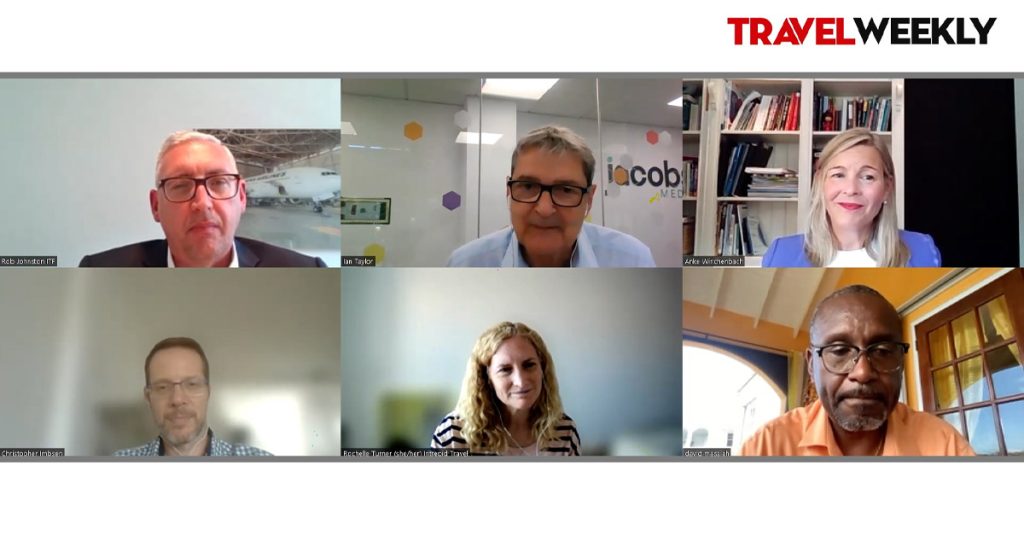The travel and tourism industry is fraught with challenges as it navigates the delicate balance between sustainability and profitability.
- Christopher Imbsen of the WTTC highlights the inherent tension between short-term gains and long-term sustainability goals.
- Rochelle Turner from Intrepid Travel urges leaders to rethink business legacies and employee wellbeing.
- Dr Anke Winchenbach advocates for the integration of social factors in ESG to ensure lasting business successes.
- Rob Johnston of ITF emphasizes the necessity of implementing and monitoring human rights policies to enhance sustainability.
In the dynamic realm of travel and tourism, achieving sustainability often collides with the pursuit of profitability. Christopher Imbsen, a research and sustainability expert from the World Travel & Tourism Council (WTTC), sheds light on this pressing issue. He notes that the market’s emphasis on short-term profits often overshadows long-term sustainability efforts, necessitating a robust demonstration of sustainability as a competitive advantage.
The business case for sustainable practices is compelling, yet requires a shift in mindset. Rochelle Turner from Intrepid Travel challenges business leaders to assess the type of legacy they wish to leave. She underscores the importance of ensuring fair pay and decent working conditions, arguing that these practices go beyond industry-specific mandates.
Dr Anke Winchenbach, the report’s lead author, reinforces the notion that social considerations, particularly labour conditions, are integral to effective Environmental, Social, and Governance (ESG) strategies. Her research indicates that neglecting these factors can hinder sustainability initiatives and heighten business risks.
The collaboration between global unions such as the International Transport Workers’ Federation (ITF) and industry representatives is crucial for the successful implementation of human rights policies. Rob Johnston of ITF asserts that while many corporations possess the correct frameworks, the deficiency often lies in execution and ongoing monitoring.
He calls upon industry stakeholders and governments to collaborate with unions, enhancing the practical execution of ESG strategies to safeguard workers’ rights.
The integration of human rights into tourism’s sustainability efforts is essential for the industry’s enduring prosperity.

